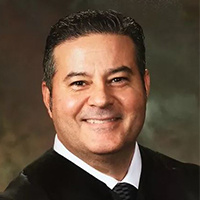Maury County, TN Real Estate Lawyers
Christian Yale Cahill
✓ VERIFIEDAccident & Injury, Estate Planning, Business, Estate, Real Estate
Christian Yale Cahill is the founder of Cahill & Dunn CHB, Inc, and The Law Firm of Christian Yale Cahill, PLLC. Mr. Cahill is an international ... (more)
Stephen Trent Linville
Real Estate, Estate Planning, Administrative Law
Status: In Good Standing Licensed: 11 Years
Kori Bledsoe
Estate Planning, Construction, Litigation, Education
Status: In Good Standing Licensed: 13 Years
Kori Aaren Bledsoe
Estate Planning, Construction, Litigation, Education
Status: In Good Standing Licensed: 13 Years
Mark E. Hallada
Land Use & Zoning, Estate Planning, Labor Law, Contract
Status: In Good Standing Licensed: 39 Years
Patrick Carter
Federal Appellate Practice, Construction, Corporate, Elder Law
Status: In Good Standing Licensed: 25 Years
Samuel Newton Wantland
Construction, Estate Planning, Corporate, Reorganization
Status: In Good Standing Licensed: 13 Years


